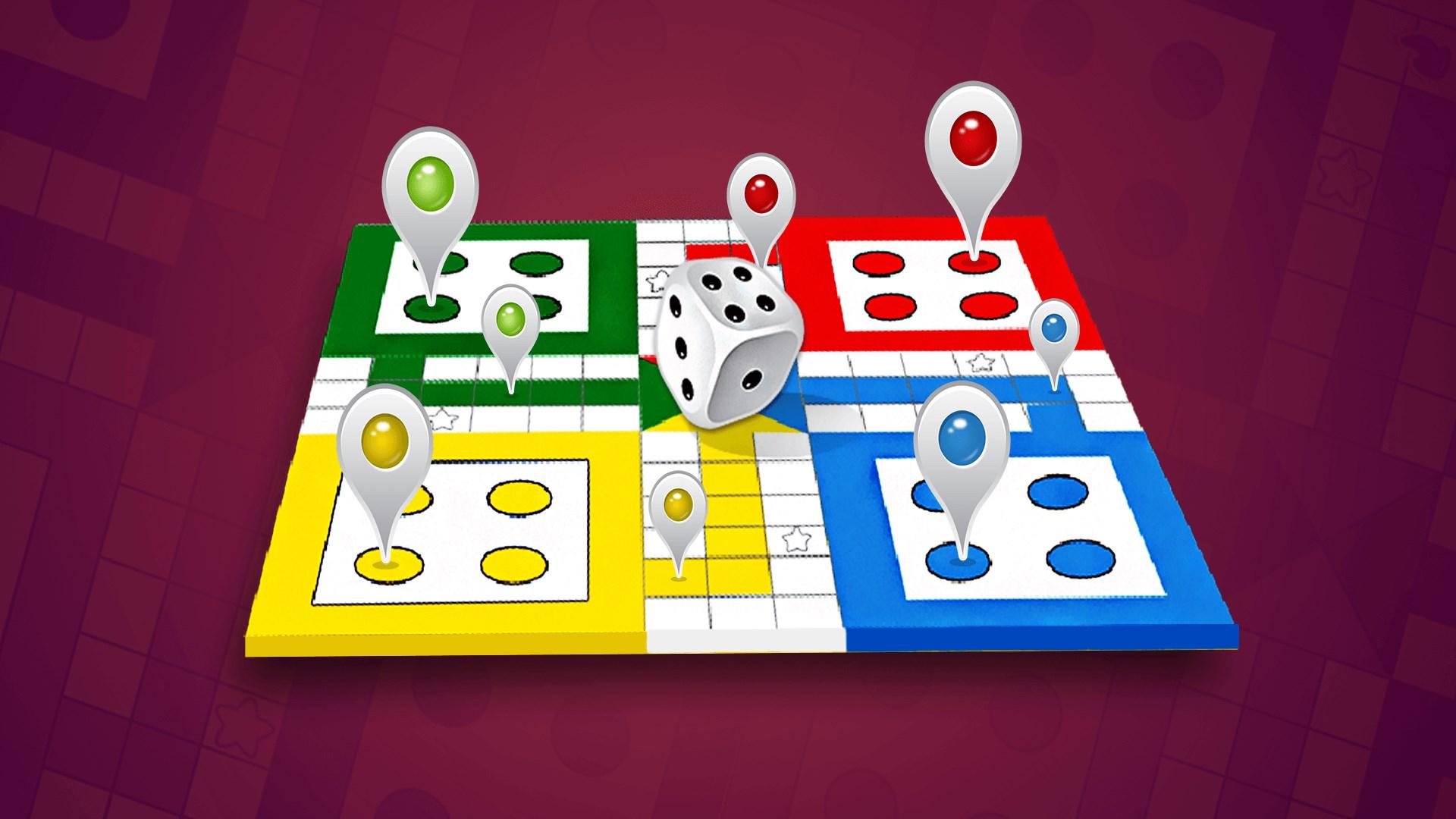Ludo is a strategy board game that I would always play with my family. The premise of the game is for two to four players to compete by racing their four tokens from start to finish according to the rolls of a single die. In order for a player to leave their home base to move their token around the board, they must roll a six.
Ludo is a competitive and entertaining game as players are constantly emotionally invested in defeating each other. In terms of the four types of balance, given that Ludo is a multiplayer game, the first type of game balance does not apply due to its reliance on single-player games. Moreover, the second type of balance also does not apply to Ludo as all players do start with exactly equal positions and resources. Additionally, the game is definitely balanced for the third type.
While there can be strategies involved to try to win, most of the game is determined by lucked based on the number you get on a dice roll. Finally, the fourth type of game balance does not apply to Ludo as the components of the game are only tokens, and they are all valued the same with same costs. As for the three ways to balance game objects, Ludo does not inherently follow an intransitive or transitive relationship, as it is most similar to a “fruity” relationship in the sense that tokens are distinct from each other based on color and the board game have special privileges for distinctive colors.



